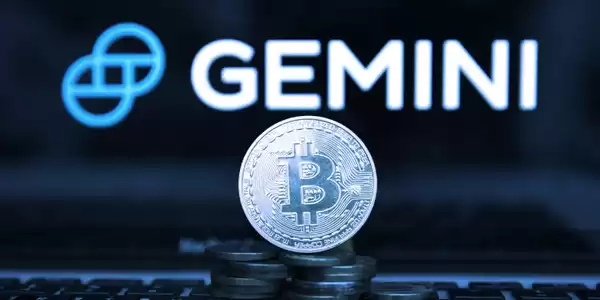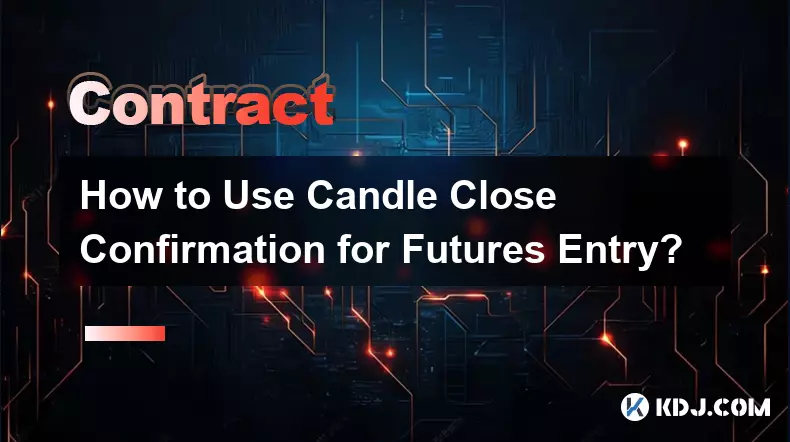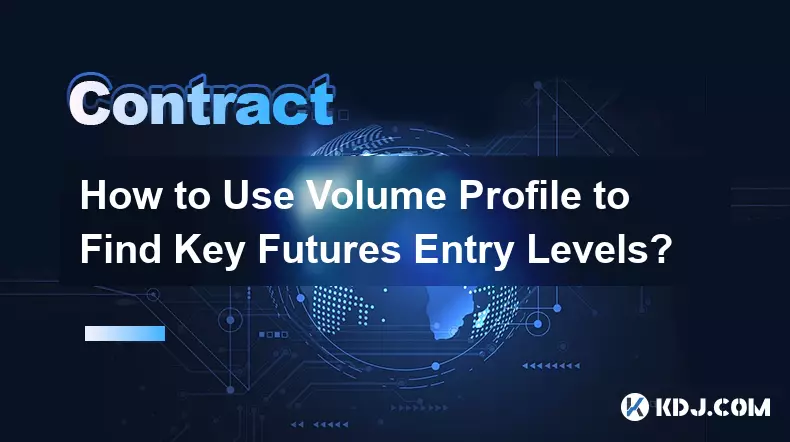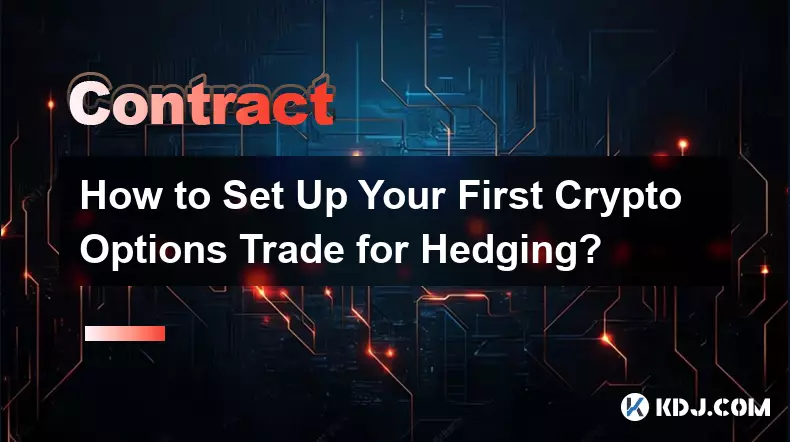-
 bitcoin
bitcoin $87959.907984 USD
1.34% -
 ethereum
ethereum $2920.497338 USD
3.04% -
 tether
tether $0.999775 USD
0.00% -
 xrp
xrp $2.237324 USD
8.12% -
 bnb
bnb $860.243768 USD
0.90% -
 solana
solana $138.089498 USD
5.43% -
 usd-coin
usd-coin $0.999807 USD
0.01% -
 tron
tron $0.272801 USD
-1.53% -
 dogecoin
dogecoin $0.150904 USD
2.96% -
 cardano
cardano $0.421635 USD
1.97% -
 hyperliquid
hyperliquid $32.152445 USD
2.23% -
 bitcoin-cash
bitcoin-cash $533.301069 USD
-1.94% -
 chainlink
chainlink $12.953417 USD
2.68% -
 unus-sed-leo
unus-sed-leo $9.535951 USD
0.73% -
 zcash
zcash $521.483386 USD
-2.87%
Will Gemini leverage be liquidated
Understanding and mitigating the risks of leverage trading on Gemini, such as volatility, excessive risk, and managing positions effectively, can help traders avoid liquidation and protect their capital.
Nov 19, 2024 at 02:16 pm

Gemini is a cryptocurrency exchange that offers a variety of trading products, including spot trading, futures trading, and lending. The exchange has been in operation since 2015 and is considered to be one of the most reputable and well-regulated exchanges in the industry.
Gemini offers a variety of leverage options for its futures trading products. Leverage allows traders to trade with more capital than they have deposited in their account. This can amplify both profits and losses.
Potential Risks of LiquidationWhen using leverage, it is important to be aware of the potential risks of liquidation. Liquidation occurs when a trader's losses exceed the amount of capital they have deposited in their account. When this happens, the exchange will automatically sell the trader's positions to cover the losses.
There are a number of factors that can lead to liquidation, including:
- Volatility: The cryptocurrency market is highly volatile, which means that prices can fluctuate rapidly. This can make it difficult to predict the direction of the market and can lead to unexpected losses.
- Leverage: Using leverage can amplify both profits and losses. This means that even a small movement in the market can lead to significant losses.
- Margin calls: If the value of a trader's positions falls below the required margin level, the exchange will issue a margin call. The trader will then have to deposit additional funds into their account to avoid liquidation.
There are a number of things that traders can do to avoid liquidation, including:
- Use a stop-loss order: A stop-loss order is an order that will automatically sell a trader's positions if the price falls below a certain level. This can help to limit losses in the event of a sudden market downturn.
- Manage risk: Traders should only use leverage that they are comfortable with and should be aware of the potential risks involved.
- Monitor positions: Traders should regularly monitor their positions and make adjustments as needed.
Using leverage can be a powerful tool for traders, but it is important to be aware of the potential risks involved. By understanding these risks and taking steps to mitigate them, traders can help to avoid liquidation and protect their capital.
Will Gemini Leverage Be Liquidated?The question of whether or not Gemini leverage will be liquidated is a complex one. There are a number of factors that could contribute to liquidation, including the volatility of the cryptocurrency market, the amount of leverage used, and the trading strategies employed by traders.
It is important to note that liquidation is not a certainty. By understanding the risks involved and taking steps to mitigate them, traders can help to avoid liquidation and protect their capital. However, it is impossible to guarantee that liquidation will not occur.
Steps to Avoid LiquidationHere are some steps that traders can take to avoid liquidation:
- Understand the risks of leverage: Leverage can amplify both profits and losses. It is important to understand the risks involved before using leverage.
- Use a stop-loss order: A stop-loss order is an order that will automatically sell a trader's positions if the price falls below a certain level. This can help to limit losses in the event of a sudden market downturn.
- Manage risk: Traders should only use leverage that they are comfortable with and should be aware of the potential risks involved.
- Monitor positions: Traders should regularly monitor their positions and make adjustments as needed.
- Use a reputable exchange: Gemini is a reputable and well-regulated exchange. This means that traders can be confident that their funds are safe and that the exchange will operate in a fair and transparent manner.
Disclaimer:info@kdj.com
The information provided is not trading advice. kdj.com does not assume any responsibility for any investments made based on the information provided in this article. Cryptocurrencies are highly volatile and it is highly recommended that you invest with caution after thorough research!
If you believe that the content used on this website infringes your copyright, please contact us immediately (info@kdj.com) and we will delete it promptly.
- Ethereum Price Navigates Volatility Amidst Soaring Active Addresses, Testing ATH Barrier
- 2026-02-05 22:05:01
- Bessent's Bold Bailout Ban: What It Means for Crypto Investors in the Big Apple (and Beyond)
- 2026-02-05 22:00:01
- Ethereum Navigates Liquidity Trap: Is a Breakout Imminent, or Just More Choppy Waters?
- 2026-02-05 22:00:01
- Vitalik Buterin Sells ETH Amidst DeFi TVL Dip, But Is a Rebound Brewing?
- 2026-02-05 21:55:01
- Cost-Averaging into the Meme Supercycle: SPX6900 Lessons Pave Way for Maxi Doge
- 2026-02-05 19:20:02
- US Government's Bitcoin Stance Steadies Crypto's Wild Ride Amid Market Volatility
- 2026-02-05 19:05:01
Related knowledge

How to Manage Emotions and "Revenge Trading" in Futures?
Feb 05,2026 at 12:19am
Understanding Emotional Triggers in Futures Markets1. Market volatility directly impacts psychological states, often amplifying fear or euphoria based...

How to Use Candle Close Confirmation for Futures Entry?
Feb 05,2026 at 04:20pm
Understanding Candle Close Confirmation1. A candle close confirmation occurs when the final price of a candlestick settles beyond a predefined level, ...

How to Analyze Market Sentiment Using the Fear and Greed Index?
Feb 05,2026 at 07:40am
Understanding the Fear and Greed Index1. The Fear and Greed Index is a composite metric designed to quantify prevailing emotional states among cryptoc...

How to Secure Your Futures Account with Anti-Phishing Codes?
Feb 05,2026 at 08:40pm
Understanding Anti-Phishing Codes in Crypto Futures Trading1. Anti-phishing codes are unique alphanumeric strings generated by futures exchanges to au...

How to Use Volume Profile to Find Key Futures Entry Levels?
Feb 04,2026 at 11:39pm
Understanding Volume Profile Structure1. Volume Profile displays the distribution of traded volume at specific price levels over a defined time period...

How to Set Up Your First Crypto Options Trade for Hedging?
Feb 05,2026 at 05:59pm
Market Volatility Patterns1. Price swings exceeding 15% within a 24-hour window occur regularly across major cryptocurrencies including Bitcoin and Et...

How to Manage Emotions and "Revenge Trading" in Futures?
Feb 05,2026 at 12:19am
Understanding Emotional Triggers in Futures Markets1. Market volatility directly impacts psychological states, often amplifying fear or euphoria based...

How to Use Candle Close Confirmation for Futures Entry?
Feb 05,2026 at 04:20pm
Understanding Candle Close Confirmation1. A candle close confirmation occurs when the final price of a candlestick settles beyond a predefined level, ...

How to Analyze Market Sentiment Using the Fear and Greed Index?
Feb 05,2026 at 07:40am
Understanding the Fear and Greed Index1. The Fear and Greed Index is a composite metric designed to quantify prevailing emotional states among cryptoc...

How to Secure Your Futures Account with Anti-Phishing Codes?
Feb 05,2026 at 08:40pm
Understanding Anti-Phishing Codes in Crypto Futures Trading1. Anti-phishing codes are unique alphanumeric strings generated by futures exchanges to au...

How to Use Volume Profile to Find Key Futures Entry Levels?
Feb 04,2026 at 11:39pm
Understanding Volume Profile Structure1. Volume Profile displays the distribution of traded volume at specific price levels over a defined time period...

How to Set Up Your First Crypto Options Trade for Hedging?
Feb 05,2026 at 05:59pm
Market Volatility Patterns1. Price swings exceeding 15% within a 24-hour window occur regularly across major cryptocurrencies including Bitcoin and Et...
See all articles























![KING vs PAINIFY😳 (1v1 ZONEWARS) [FORTNITE TOKEN/WAGER] KING vs PAINIFY😳 (1v1 ZONEWARS) [FORTNITE TOKEN/WAGER]](/uploads/2026/02/05/cryptocurrencies-news/videos/origin_6984035326d58_image_500_375.webp)
![2/4 [U.S. Hot Search] CIA: Xi Jinping is a paranoid | Xi Jinping’s two phone calls | Shandong’s “Internet-addicted” teenagers rebelled against tyranny | A direct attack on the Chengdu hacker national team | Why GDP must grow by 5% | The bridge under construction by the China Railway 12th Bureau collapsed | Thousands of billions of dollars spent abroad and thirty billion domestic subsidies | 2/4 [U.S. Hot Search] CIA: Xi Jinping is a paranoid | Xi Jinping’s two phone calls | Shandong’s “Internet-addicted” teenagers rebelled against tyranny | A direct attack on the Chengdu hacker national team | Why GDP must grow by 5% | The bridge under construction by the China Railway 12th Bureau collapsed | Thousands of billions of dollars spent abroad and thirty billion domestic subsidies |](/uploads/2026/02/05/cryptocurrencies-news/videos/origin_69840a757417b_image_500_375.webp)

















































